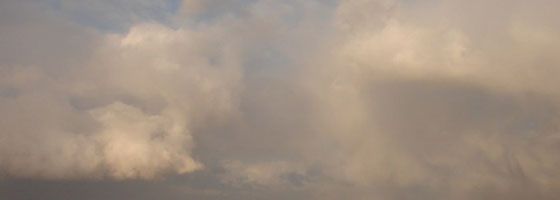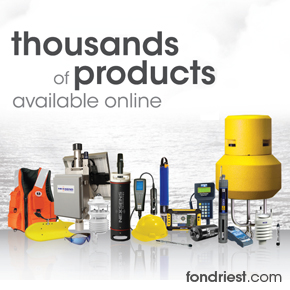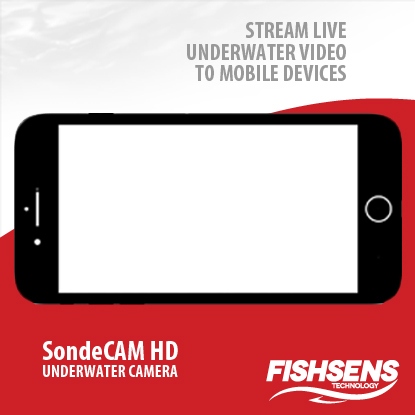Purdue University team studies the effects of cold fronts

Purdue University’s Front Intercept Team (PUFIT) recently began work on a project to better understand the effects of the passage of cold fronts. The main objective of this student group project was to collect data through a series of weather instruments placed in strategic locations throughout Indiana and Ohio.

Portable weather station installed on top of a roof.
The project sought to prove or disprove a list of hypotheses created by the Team. These hypotheses included: analysis of surface temperature gradient and pressure gradient being directly proportional to surface wind direction and speed with the passage of a cold front; the strength of potential temperature and wind direction and speed leading to frontogenesis or frontolysis; and the classification of inactive/active cold fronts.
The PUFIT team selected the following locations to setup temporary weather stations: Crown Point, IN; Muncie, IN; Indianapolis, IN; Vincennes, IN; and Dayton, OH. At each of these sites, a NexSens weatherVIC system was selected to simultaneously measure the weather parameters in question.

weatherVIC display screens
Using a laptop computer and NexSens weatherVIC software, data was collected during a three-week period from October 8, 2007 to October 30, 2007. The parameters recorded were wind direction (degree), wind speed (m/s), station pressure (hPa), air temperature (C), relative humidity (%), and total rainfall (mm). Weather parameters at each site were recorded every ten minutes over the three-week period resulting in a minimum of 2,782 data points per location.
At the end of the study, the weather data was brought back to Purdue University for further analysis. This analysis included plotting the time series of weather data parameters collected, including temperature, relative humidity, pressure, wind speed & direction, and rainfall. With this information, a detailed project report was created, and the results from the project are set to be presented at an upcoming American Meteorological Society meeting.
For more information on NexSens PC-based weather data logging systems, call 888.426.2151 or visit www.NexSens.com.
Image credit: geograph





0 comments